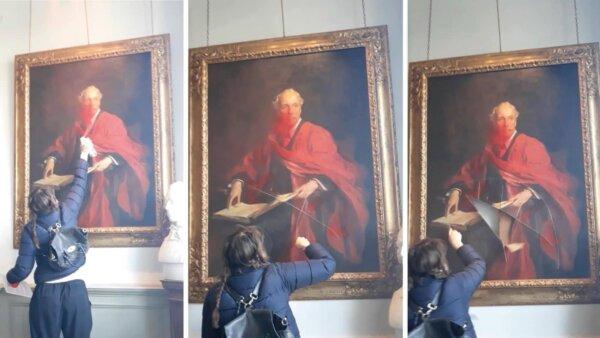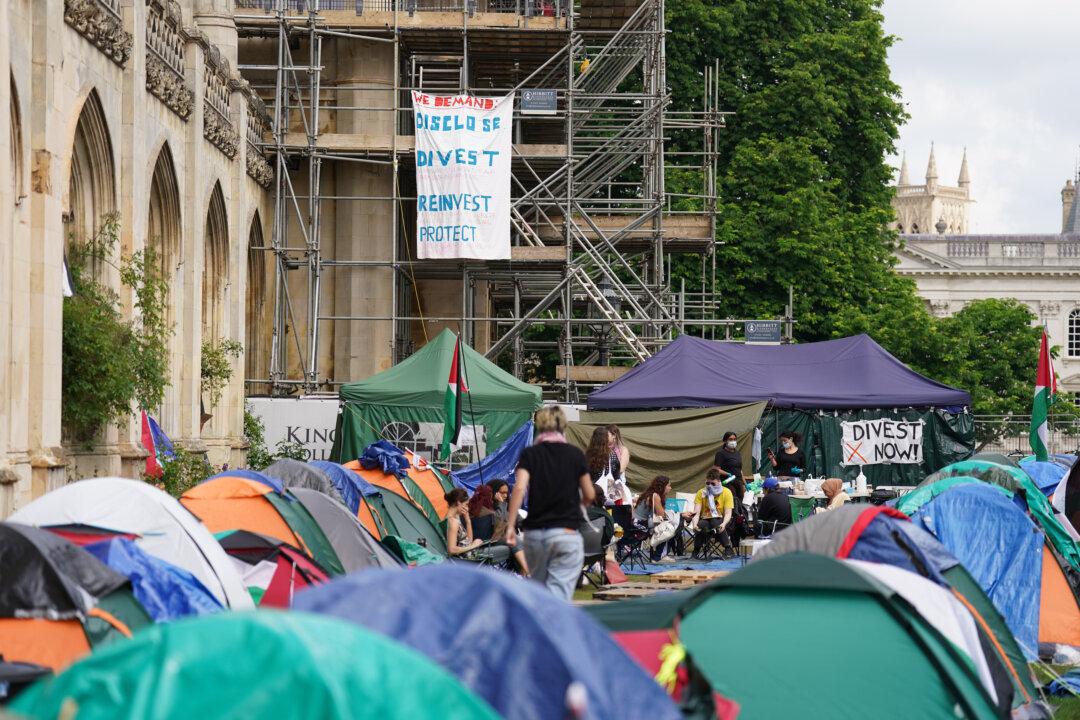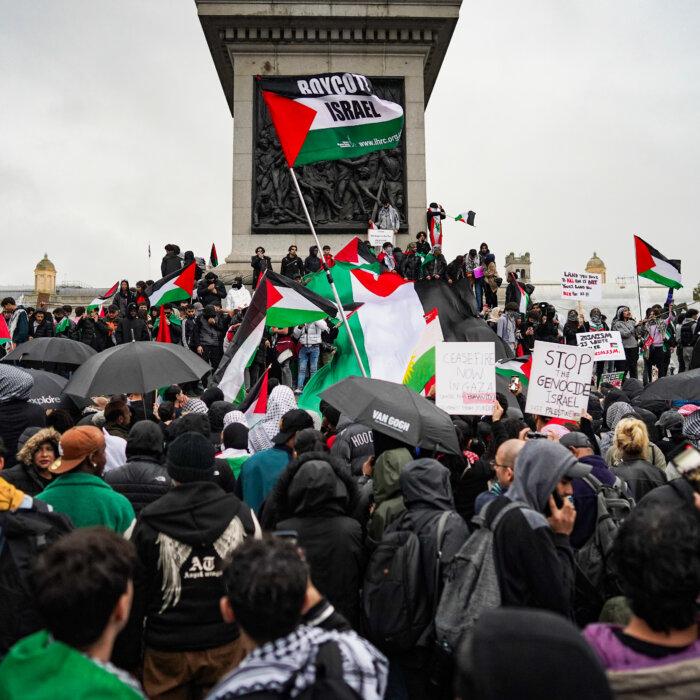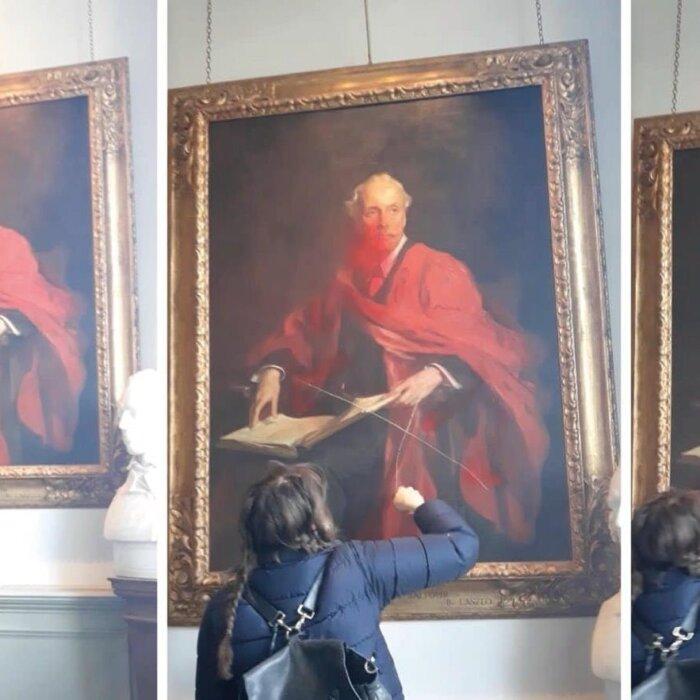Cambridge University said it will review its investments in the arms and defence industry if pro-Palestine protesters dismantle their camp.
Cambridge Encampment for Palestine is demanding that the university sever all financial ties with “complicit organisations” and has been been sleeping on the lawn outside King’s College since May.
‘Responsible Investments’
In a statement titled “Upholding Our Values,” authored by Vice Chancellor Deborah Prentice, Pro-Vice-Chancellor for University Community and Engagement Kamal Munir, and Pro-Vice-Chancellor for Education Bhaskar Vira, the university affirmed on Tuesday its support for students’ rights to academic freedom, freedom of speech, and lawful protest.However, it said that its future actions “are contingent on the encampment closing down.”
The university said it would review its approach to “responsible investments” in light of the “humanitarian tragedy unfolding in Gaza.”
It said that the Students’ Union-approved motion, various college-level-approved motions, and the students protesting with the Cambridge Encampment for Palestine “have expressed a concern to us that our current investment may not be in line with our institutional values, especially in relation to the arms/defence industry.”
“We therefore commit to working with the Task Force and the Working Group ... to review our approach to responsible investment,” it added.
“As we write this, our thoughts remain with all those who are affected by the tragic events taking place in Gaza, other parts of Palestine, Israel and elsewhere, and we hope that the painful process of rebuilding lives and institutions can start in earnest. This will be a long journey, and we are committed, as an institution, to playing our part in these processes,” it said.

Moral High Ground to Cause Mayhem
Protesters have set up so-called “liberated zones” at Oxford and other universities around the country.Some protests have been associated with the Palestine Solidarity Campaign and the radical activist group Palestine Action (PA).
In June, students and members of PA sprayed red paint on Senate House, a building that has been used for graduation ceremonies since the 18th century.
PA is pursuing a vandalism-led strategy to shut down an Israeli arms manufacturer in the UK.
Lord Balfour was a prominent British statesman who served as UK prime minister from 1902 to 1905.
In 1917, as the British foreign secretary, Lord Balfour issued the Balfour Declaration, a historic document that expressed British support for the establishment of a “national home for the Jewish people” in Palestine.
The declaration marked a significant milestone in the movement for the establishment of a Jewish homeland, and eventually led to the creation of the state of Israel in 1948.
PA said that the gesture symbolised “the bloodshed of the Palestinian people since the Balfour Declaration was issued in 1917.”
At the time, Lord Woodcock, the government’s independent adviser on political violence and disruption, wrote on social media platform X: “This is outrageous. We must not tolerate protestors thinking they can get away with senseless damage because they think the importance of the cause gives them the moral high ground to cause mayhem. A number of recent judicial rulings have been troubling in this regard.”







